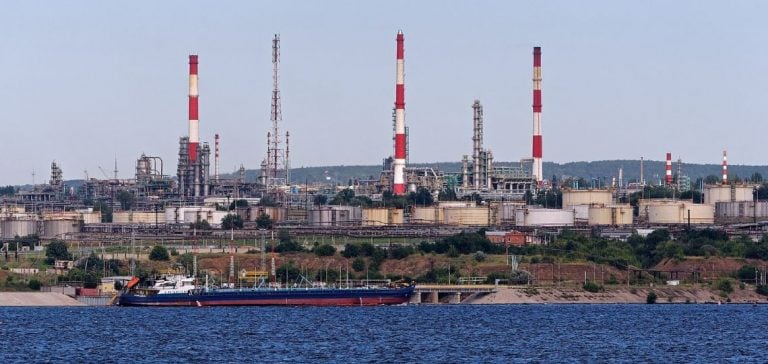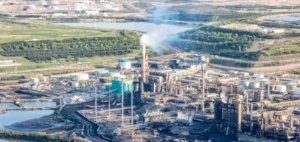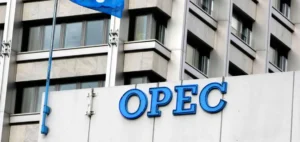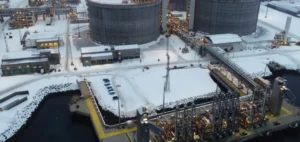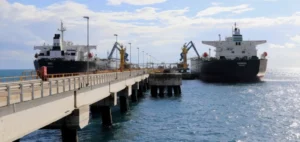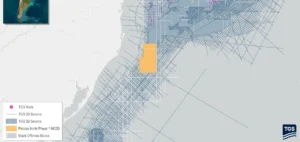Russia has introduced a temporary export ban on gasoline and diesel to protect its domestic market from significant price rises.
These measures, taken to stabilize local supplies, appear to have borne fruit.
Deputy Prime Minister Alexander Novak has stated that the Russian market is currently well supplied and prices are stable for both gasoline and diesel.
In the absence of shortages or tensions, Russia could consider lifting the ban if a surplus of fuel were to develop. Russian refineries are operating at full capacity, and local production more than covers domestic demand.
This context allows the government to be more flexible in its export policies.
Alexander Novak has made it clear that the priority remains ensuring the stability of the domestic market, but that a resumption of exports could be envisaged if production volumes exceed domestic needs.
Conditions for lifting the ban
The decision to lift the export ban is conditional on confirmation of a supply surplus.
If this is the case, Russia could resume exports to foreign markets, notably in Asia and the Middle East, regions that remain in demand for Russian fuels despite geopolitical tensions.
The current ban is designed to protect Russian consumers from soaring prices during periods of high demand, and to maintain a balance between supply and demand at national level.
The stability of the Russian market also relies on the government’s efforts to monitor price fluctuations and adjust policies according to conditions.
By maintaining a high level of production in local refineries, Russia ensures sufficient coverage to meet domestic needs, while leaving room for a resumption of exports if conditions are right.
Compliance with OPEC+ commitments
At the same time, Russia continues to respect its commitments within the OPEC+ alliance.
According to Novak, all member countries are respecting their production quotas, and no changes to these quotas are on the agenda.
OPEC+ is closely monitoring the balance between supply and demand on the world market, and Russia is complying fully with the agreed parameters.
OPEC+, of which Russia is an influential member, has played a crucial role in regulating global oil production to maintain stable prices.
As far as gasoline and diesel exports are concerned, the lifting of the ban in Russia should not affect these commitments.
Rather, it would be an internal measure designed to rebalance the domestic market and maximize international business opportunities, within the constraints imposed by OPEC+.
Potential impact on the international market
A resumption of Russian gasoline exports would have a direct impact on world markets.
As a major producer of refined products, Russia could increase available supply, particularly in regions that continue to rely on Russian fuels, despite ongoing sanctions.
Asia and the Middle East, where energy demand remains high, are the main destinations targeted by these potential exports.
This potential lifting of the export ban comes at a time when economic sanctions against Russia have forced the country to diversify its trading partners.
If Russia succeeds in generating a supply surplus, the resumption of exports could also represent an opportunity to strengthen its positions in these markets, while maintaining the stability of the domestic market.
Lifting the ban will depend on the evolution of domestic demand and production conditions over the coming months.
The Russian government, under the leadership of Alexander Novak, will continue to adjust its policies to ensure a balance between satisfying domestic needs and opportunities on international markets.


